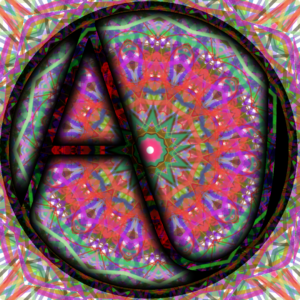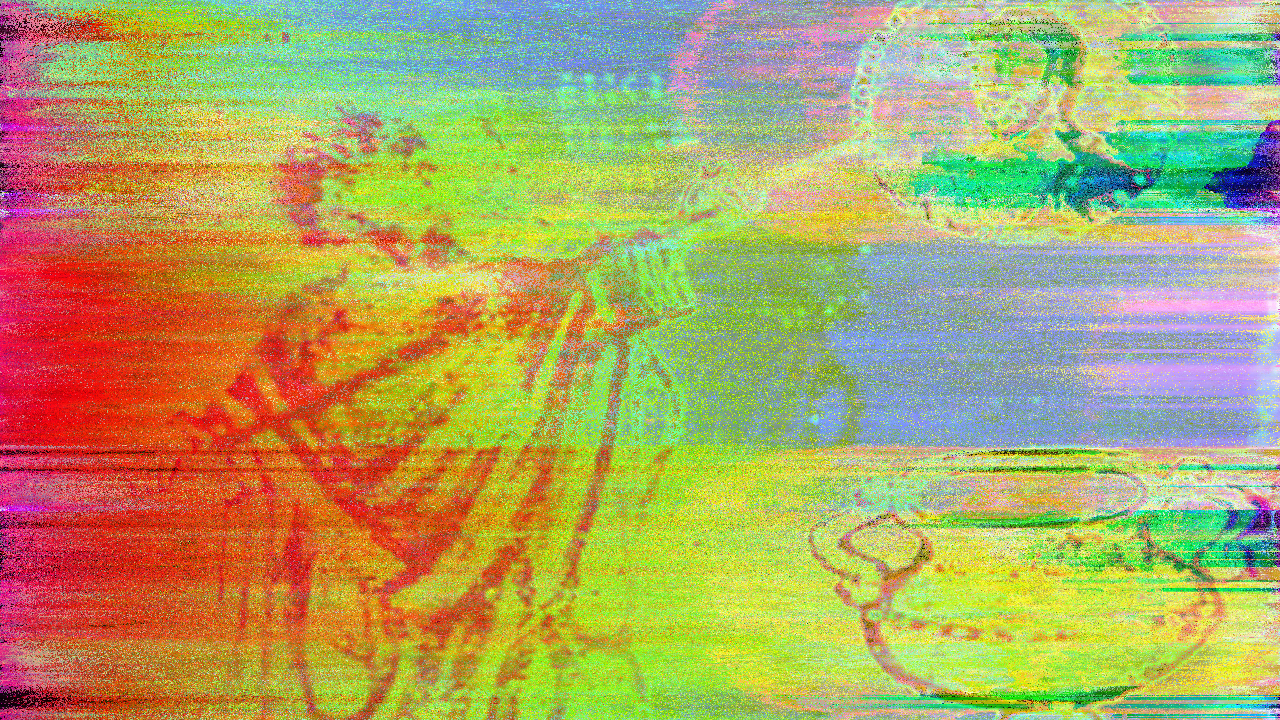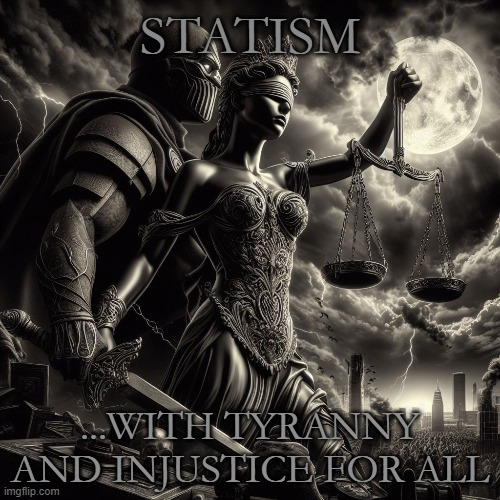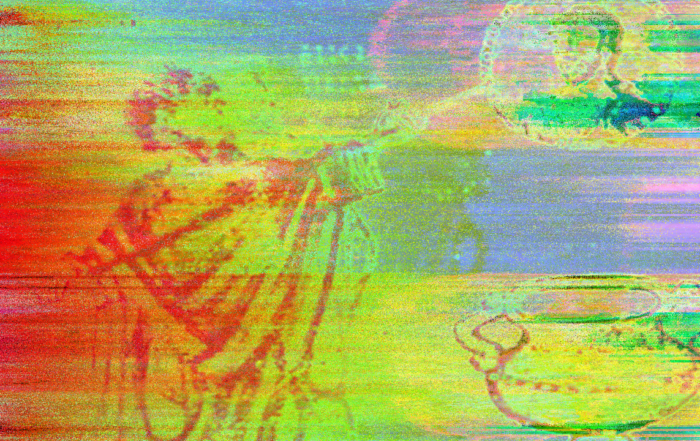https://www.sharenergy.com.br/servicos/ Read the original post on X.
Buy Lyrica Without PrescriptionOrder Ambien Online Anarcho-unity encapsulates the idea that individuals among diverse anarchist ideologies unite to achieve the common goal of pursuing liberty. It embodies a shared understanding that while differing in approaches and beliefs, unity is essential to break the chains of oppression and foster societies built on voluntary cooperation and individual autonomy. Among the myriad of anarchist philosophies lies a unifying thread, an aspiration to liberate society from the shackles of state coercion. This essay embarks on an exploration of anarcho-unity, emphasizing its pivotal role in advancing the cause of liberty. It champions the notion that collaboration among these varied anarchist ideologies is paramount not only for the dissolution of the state, but also for the peaceful voluntary association in a post-statist world.
https://loychiro.com/meet-doctor-loy/https://jesszimlich.com/le-tote/ Anarchism has a diverse tapestry of ideologies, and encompasses various strands such as anarcho-capitalism, anarcho-communism, egoism, mutualism, and more. Each has distinct ideological underpinnings, strategies, and envisioned societal outcomes. Anarcho-capitalism, rooted in free markets and private property, stands apart from anarcho-communism, which advocates for communal ownership and abolishment of private property. These ideologies diverge in their approaches, often sparking hot debates on the ideal societal structure. However, despite these fundamental differences, the core principle of dismantling coercive hierarchies and establishing voluntary association remains a shared aspiration among these diverse anarchist schools of thought. Understanding and respecting these differences can serve as a catalyst for collaboration toward common objectives, allowing these ideologies to coexist and cooperate in dismantling the state.
Purchase TramadolTramadol Online Purchase Envisioning a world void of the state, one perceives a society based on voluntary interactions, devoid of imposed authority and coercion. In this world, individuals forge relationships based on mutual consent. Cooperation among diverse anarchist philosophies becomes integral in achieving this vision. By leveraging our individual strengths, all anarchist schools contribute different perspectives and methodologies towards the shared goal of state abolition. Through this cooperative approach, anarchists can more effectively spread the message of liberty, highlight the illegitimacy of the state, emphasize the state’s infringement on individual autonomy, and the necessity for its dissolution. Unity among anarchists becomes a catalyst, accelerating the dissemination of this powerful message and fostering a broader understanding of the inherent right to live free from coercion and hierarchical control.
Clonazepam For Sale Onlinehttps://10bestforwomen.com/contact-us/ Once the state is abolished, the peaceful coexistence of separate anarchist societies of varying philosophies is not just plausible, but foundational. Each society will be guided by its unique values and principles, and organized autonomously within its chosen framework. Voluntary association serves as the cornerstone for harmonious coexistence among these varied societies. By adhering to the principles of non-aggression and mutual respect, these societies will be able to engage in voluntary interactions, trade, and collaboration, while still maintaining their philosophical identities. Despite these ideological differences, the key lies in respecting individual autonomy and voluntary participation in social arrangements. This respect fosters cooperation, encourages a vibrant exchange of ideas and resources, and allows individuals the freedom to choose the community that aligns with their preferences and values. Such a landscape illustrates the potential for peaceful coexistence and cooperation among diverse anarchist societies, unified by their commitment to voluntary association and mutual respect.
https://jesszimlich.com/lake-weekend/Challenges will inevitably arise between diverse anarchist ideologies. Trust deficits, conflicting beliefs, and potential clashes in principles certainly can pose significant hurdles. Building trust between communities with differing philosophies requires a shared commitment to respect each other’s autonomy. Once ideologically separate societies are established, recognizing the validity of different perspectives will foster a climate of respect and cooperation. Conflicts might arise between societies of differing ideologies, but these can be mitigated through voluntary arbitration, mediation, or other non-coercive conflict resolution mechanisms. Should one society fail, the other societies of differing ideologies will be available to help individuals recover, provided they respect the ideological differences of their new home.
https://www.sharenergy.com.br/servicos/http://kennytree.com/grandparent-links/ The solution to these challenges lies in open and honest communication, embracing diversity as a strength rather than a source of division. Encouraging cooperative endeavors, joint projects, and mutually beneficial exchanges can also help bridge ideological differences, and lay the groundwork for stronger inter-anarchist relationships. Respect for diversity in approaches and beliefs enriches the movement by infusing it with a wide range of ideas and strategies. Overcoming these challenges is integral not just for individual communities but for the advancement of the broader anarchist movement. A united front among anarchists presents a formidable force against authoritarianism, and strengthens the individual voices advocating for liberty and voluntary association.
It’s natural for some to have concerns about potential scenarios where their ideals might not be fully realized in post-state societies; however, the beauty of anarcho-unity lies in the autonomy it champions. In a world free from state coercion, individuals are empowered to choose their communities and associations voluntarily. No one would be compelled to stay in a society that doesn’t align with their principles. The essence of anarchy is the absence of imposed authority, allowing for the organic evolution of diverse anarchist societies where individuals can opt for communities that resonate with their beliefs and practices. Emphasizing the importance of voluntary association ensures that individuals can freely engage or disengage from communities based on shared values and mutual consent, alleviating concerns about being bound to non-ideal societies following the state’s abolition.
https://www.taprackholsters.com/about/ Anarcho-unity is key in spreading the message of liberty, and persuading others about the evil that is statism. Showing how society can function without the state under varying ideologies will help bring those who currently see anarchism as an unrealistic utopian idea into the light. If we work together, we can establish a mutual respect for one another that will help ensure the peaceful transition into various different philosophical societies in a post-statist world, and quell any concerns some may have into being coerced into living in a society that is not congruent with their own personal ideologies. Anarchists should unite as individuals fighting to achieve the common goal of spreading the message of liberty, and abolishing the tyranny that is the state.
I will never hide my posts behind a Subscription on X. Please consider donating.
https://texasriverbum.com/index.php/2012/02/27/strawberry-junction/ ₿ – bc1q3m2gh3cfmp7hc99eak7qqgxnt9stxfletfe8v6
Purchase Ambien Online Ξ – 0xd7C435F772949052CB717162bE1C71989F6917d5







https://doc-t.net/location/ […] READ MORE […]
Purchase Klonopin Online […] to content ArticlesVideosAbout UsCreatorsSupport Our WorkContact Us Previous […]